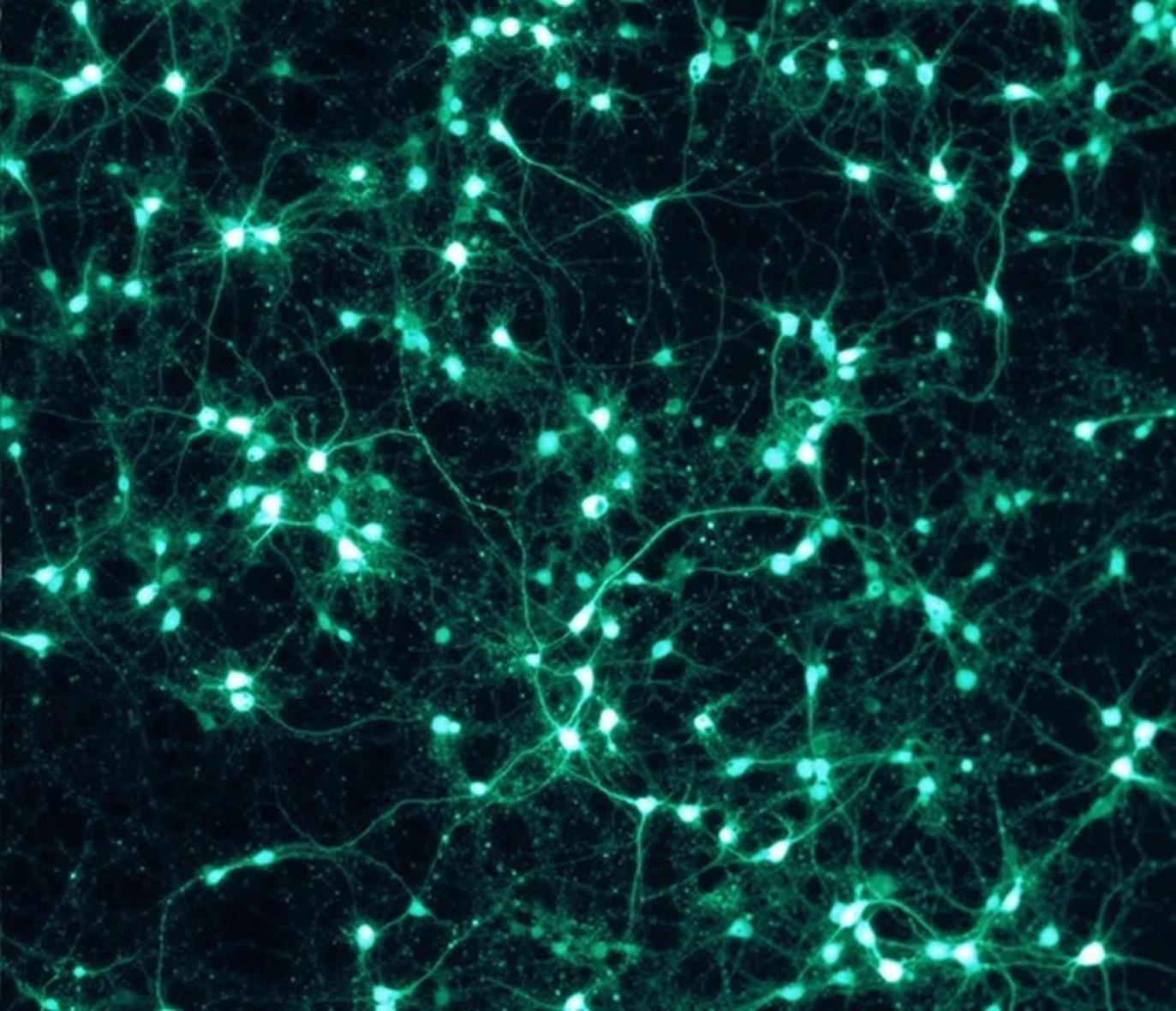What Are the Latest Discoveries in Neuroscience?
Neuroscience, the interdisciplinary study of the nervous system, has made significant advancements in understanding the brain and its functions. This article explores the latest discoveries in neuroscience, highlighting key findings in brain mapping, neural networks, neurotransmitters, brain plasticity, cognitive neuroscience, neuroimaging, neurotechnology, and the ethical implications of neuroscience research.

Brain Mapping
Advancements In Brain Mapping Techniques
- fMRI (functional Magnetic Resonance Imaging): fMRI measures brain activity by detecting changes in blood flow, providing insights into the brain regions involved in various tasks.
- PET (Positron Emission Tomography): PET scans track the distribution of radioactive tracers in the brain, allowing researchers to study neurochemical processes and metabolism.
- MEG (Magnetoencephalography): MEG measures magnetic fields generated by electrical activity in the brain, providing high-resolution information about brain function with millisecond precision.
Enhanced Understanding Of Brain Structure And Function
- Brain mapping techniques have revealed the intricate organization of the brain, identifying specialized regions responsible for specific functions, such as vision, hearing, and motor control.
- These techniques have also enabled researchers to study brain connectivity, the intricate network of neural pathways that link different brain regions, providing insights into how information is processed and integrated.
Neural Networks And Connectivity
Discoveries Related To Neural Networks
- Neural Networks: Research has revealed the existence of complex neural networks in the brain, consisting of interconnected neurons that communicate with each other through electrical and chemical signals.
- Organization of Neural Networks: Studies have shown that neural networks are organized into functional modules or circuits, each responsible for specific aspects of brain function, such as perception, memory, and decision-making.
Role Of Neural Connectivity In Brain Function And Behavior
- Neural Connectivity: The strength and organization of connections between neurons, known as neural connectivity, play a crucial role in shaping brain function and behavior.
- Brain Plasticity: Neural connectivity is dynamic and can change over time through a process called brain plasticity, allowing the brain to adapt to new experiences and learn new skills.
Neurotransmitters And Synapses
Latest Findings On Neurotransmitters
- Neurotransmitters: Neurotransmitters are chemical messengers that facilitate communication between neurons. Research has identified various neurotransmitters, including dopamine, serotonin, and glutamate, each with specific roles in brain function.
- Role in Communication: Neurotransmitters are released from one neuron and bind to receptors on another neuron, triggering a response that can excite or inhibit the receiving neuron.
Significance Of Synaptic Plasticity In Learning And Memory
- Synaptic Plasticity: Synapses, the junctions where neurons communicate, undergo changes in strength and efficiency over time, a phenomenon known as synaptic plasticity.
- Learning and Memory: Synaptic plasticity is believed to be the underlying mechanism for learning and memory, as changes in synaptic strength can encode new information and experiences.
Brain Plasticity And Neurogenesis
Concept Of Brain Plasticity
- Brain Plasticity: Brain plasticity refers to the brain's ability to change and adapt throughout life, both in structure and function.
- Implications for Learning and Recovery: Brain plasticity allows the brain to learn new skills, recover from injuries, and compensate for damage to specific brain regions.
Research On Neurogenesis
- Neurogenesis: Neurogenesis is the process by which new neurons are formed in the brain, primarily in certain regions such as the hippocampus.
- Potential Therapeutic Applications: Research on neurogenesis has raised the possibility of therapeutic interventions to promote neuron regeneration and repair damaged brain tissue.
Cognitive Neuroscience
Advancements In Understanding Cognitive Processes
- Cognitive Processes: Cognitive neuroscience studies higher-level mental processes, such as attention, memory, decision-making, and consciousness.
- Neural Basis of Cognitive Functions: Research has identified specific brain regions and neural circuits involved in various cognitive functions, providing insights into the biological underpinnings of our mental abilities.
Neuroimaging And Mental Health
Use Of Neuroimaging Techniques In Studying Mental Health Disorders
- Neuroimaging Techniques: Neuroimaging techniques, such as fMRI and PET scans, have been used to study brain abnormalities associated with mental health disorders.
- Findings on Brain Abnormalities: Research has identified alterations in brain structure, function, and connectivity in individuals with mental health disorders, providing potential biomarkers for diagnosis and treatment.
Neurotechnology And Brain-Computer Interfaces
Developments In Neurotechnology
- Neurotechnology: Neurotechnology refers to the use of technology to study and interact with the nervous system.
- Brain-Computer Interfaces (BCIs): BCIs are devices that allow direct communication between the brain and external devices, enabling control of computers, prosthetics, and other assistive technologies.
Potential Applications Of BCIs
- Treating Neurological Disorders: BCIs have the potential to restore lost motor function in individuals with paralysis or other neurological disorders.
- Enhancing Human Capabilities: BCIs could potentially enhance human capabilities, such as memory, attention, and decision-making.
Ethical And Societal Implications
Ethical And Societal Concerns
- Privacy Concerns: The ability to monitor brain activity raises concerns about privacy and the potential misuse of neurotechnology.
- Potential Misuse of Neurotechnology: BCIs and other neurotechnologies could be used for mind control or manipulation, raising ethical and societal concerns.
- Impact on Free Will: Advances in neuroscience challenge traditional notions of free will, as our actions and decisions may be influenced by neural processes beyond our conscious control.
Neuroscience has made remarkable progress in understanding the brain and its functions. From brain mapping and neural networks to neurotransmitters and brain plasticity, researchers continue to unravel the intricate mechanisms that govern our thoughts, emotions, and behaviors. As neuroscience continues to advance, we can expect further breakthroughs that will deepen our knowledge of the brain and its role in human existence.
YesNo

Leave a Reply